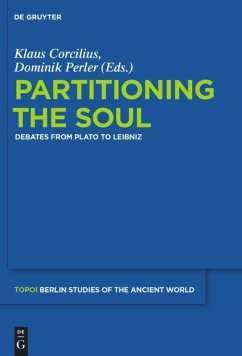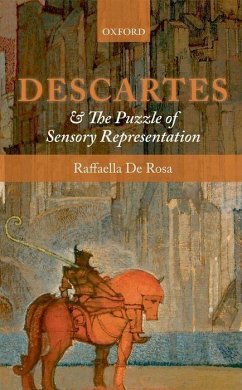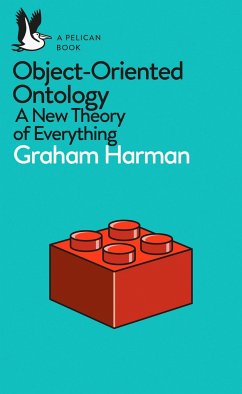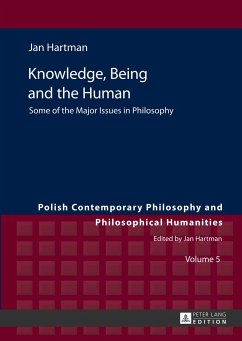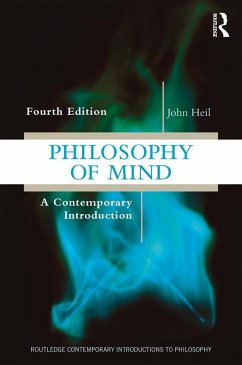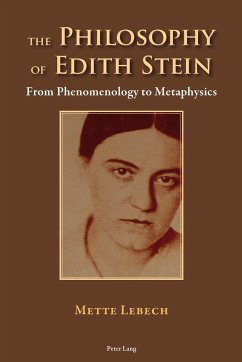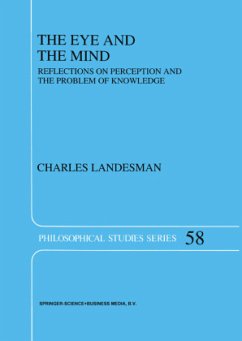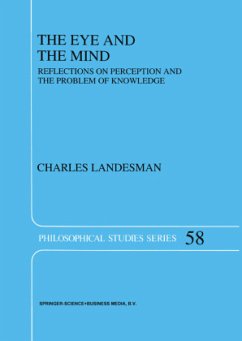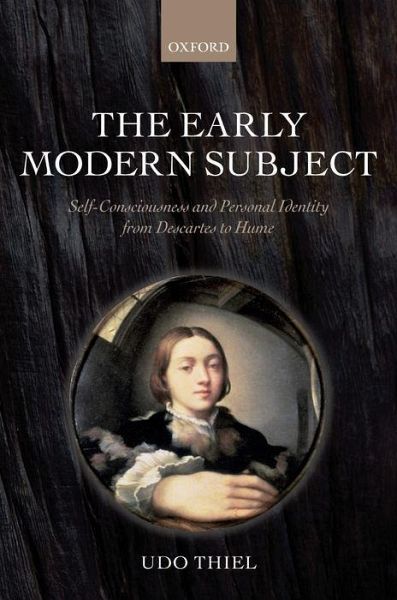
The Early Modern Subject
Self-Consciousness and Personal Identity from Descartes to Hume
Versandkostenfrei!
Versandfertig in über 4 Wochen
187,99 €
inkl. MwSt.
Weitere Ausgaben:

PAYBACK Punkte
94 °P sammeln!
The Early Modern Subject explores the understanding of self-consciousness and personal identity - two fundamental features of human subjectivity - as it developed in early modern philosophy. Udo Thiel presents a critical evaluation of these features as they were conceived in the seventeenth and eighteenth centuries. He explains the arguments of thinkers such as Descartes, Locke, Leibniz, Wolff, and Hume, as well as their early critics, followers, and other philosophical contemporaries, and situates them within their historical contexts. Interest in the issues of self-consciousness and personal...
The Early Modern Subject explores the understanding of self-consciousness and personal identity - two fundamental features of human subjectivity - as it developed in early modern philosophy. Udo Thiel presents a critical evaluation of these features as they were conceived in the seventeenth and eighteenth centuries. He explains the arguments of thinkers such as Descartes, Locke, Leibniz, Wolff, and Hume, as well as their early critics, followers, and other philosophical contemporaries, and situates them within their historical contexts. Interest in the issues of self-consciousness and personal identity is in many ways characteristic and even central to early modern thought, but Thiel argues here that this is an interest that continues to this day, in a form still strongly influenced by the conceptual frameworks of early modern thought. In this book he attempts to broaden the scope of the treatment of these issues considerably, covering more than a hundred years of philosophical deba



